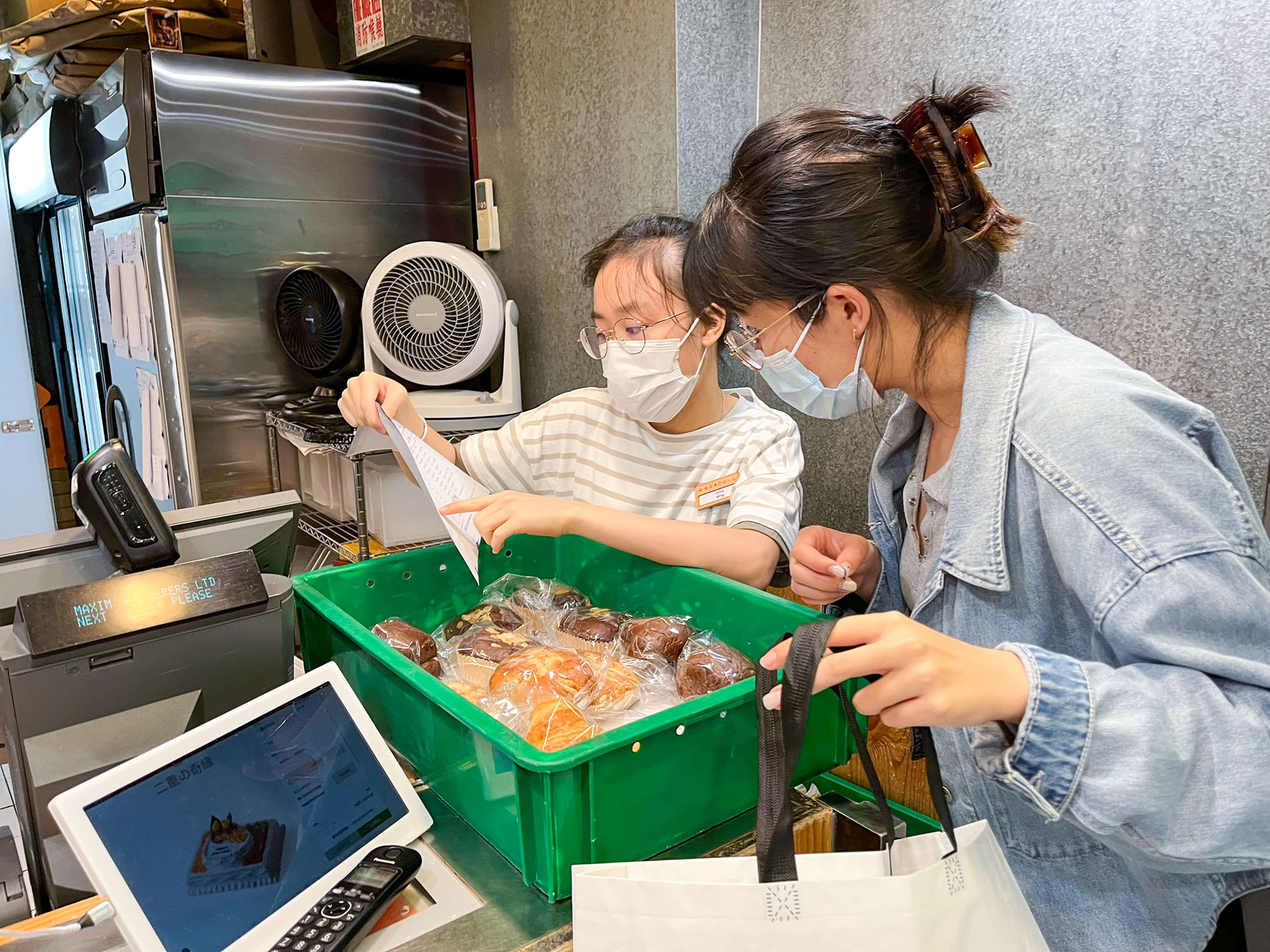SDG 02: Zero Hunger
Helping the needy through food analysis
In this service-learning course taught by Dr Gray Ho and Dr Lung Hong-lok of the Department of Chemistry, students learnt and trained in microbial, heavy metal and nutrient analysis. They used their knowledge of Chemistry and Analytic and Testing Science to ensure that surplus food is of a high standard. Students can contribute to the community with their classroom knowledge and skills by collecting surplus food from hotels or bakeries and delivering it to street dwellers, elderly services, or the homeless.
“Replacing Hunger with a Smile” Bread Redistribution Service Programme
In collaboration with Foodlink, this service programme aimed to connect students with the community by collecting safe surplus food and beverages from bakeries and delivering them to those in need. This meaningful initiative was initiated by Dr Gray Ho, the Resident Master of C. L. Soong Hall. It allowed students to understand the problem of food waste, the challenges faced by low-income households, the homeless and others in need, and serve those in need.
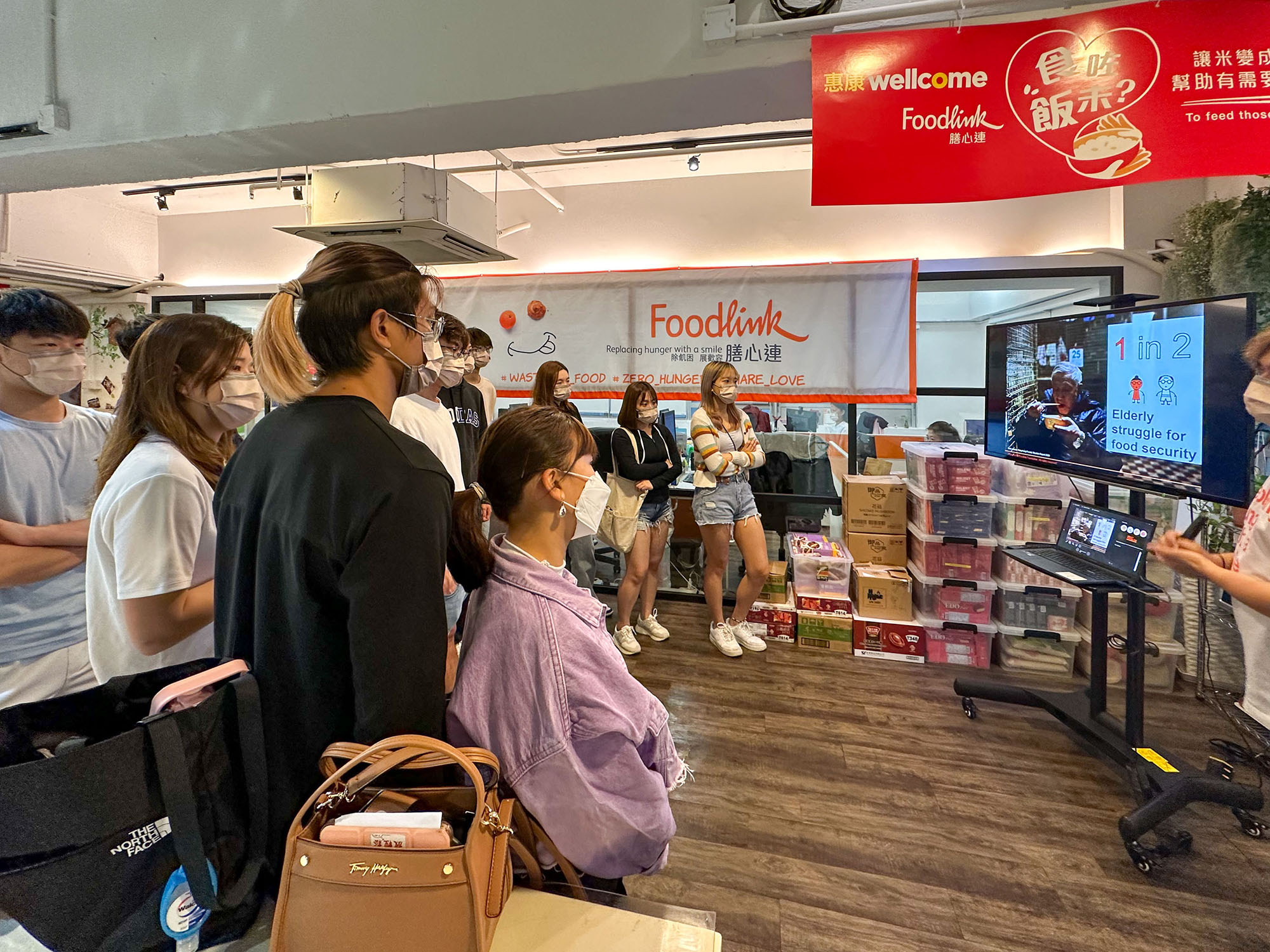



Comparative metabolomics combined with physiological analysis revealed cadmium tolerance mechanism in Indica Rice (Oryza sativa L.)
Department of Chemistry
Corresponding authors: Zongwei CAI, Lianguang SHANG
Using a comparative metabolomics analysis coupling plant physiological investigation approach, the tolerant mechanism to cadmium contamination of Oryza Sativa L. was studied. Amino acids biosynthesis, hormone metabolism, lipids-related metabolism, phenylalanine metabolism, and phenylpropanoid biosynthesis pathways were more active and highly associated with an antioxidant defence system, biosynthesis of the cell wall and phytochelatins, and the maintenance of plasma membrane stability. These findings provide insights into the metabolic profiles of rice following Cd stress and the screening and breeding of Cd-tolerant rice varieties.
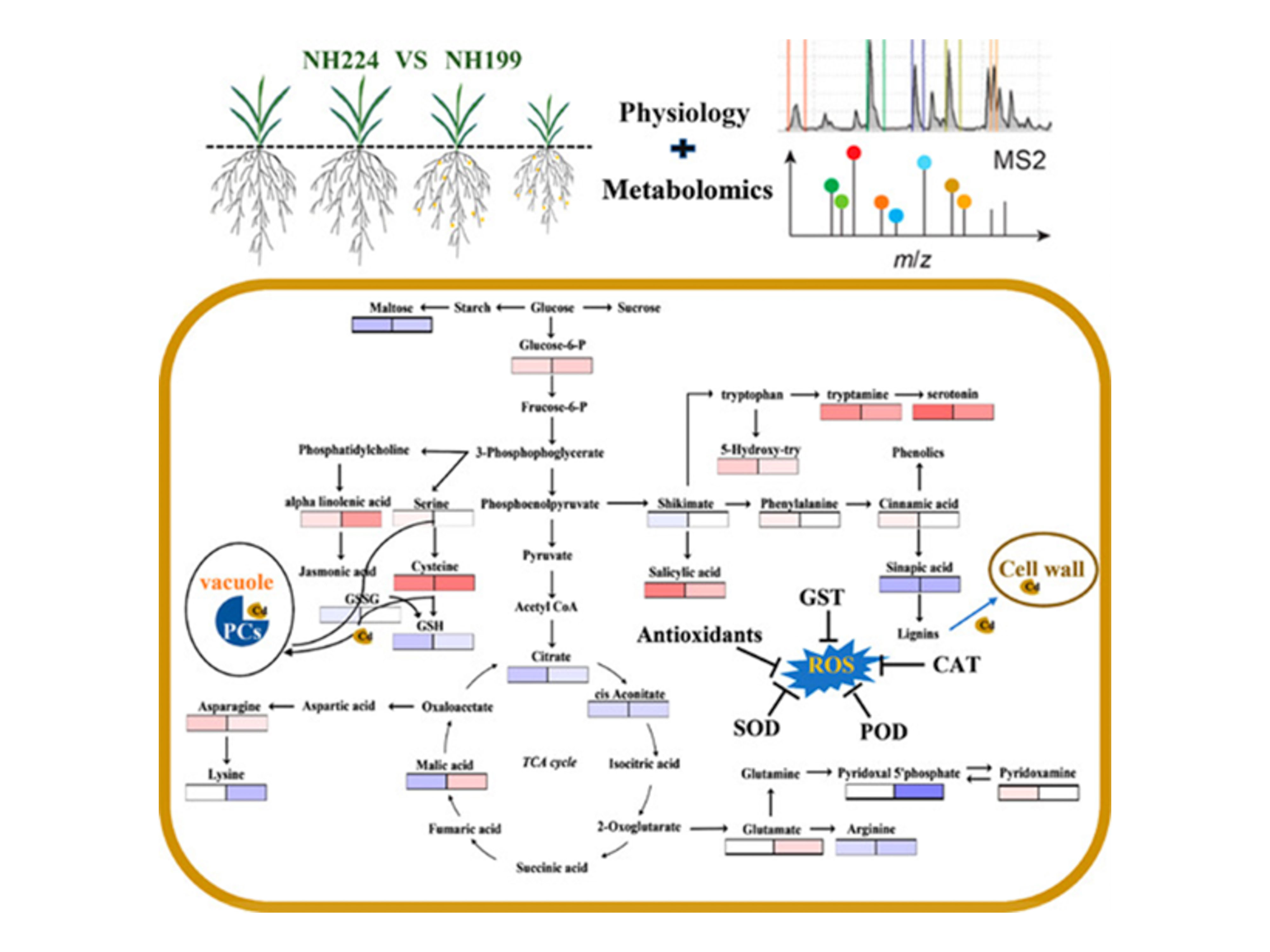

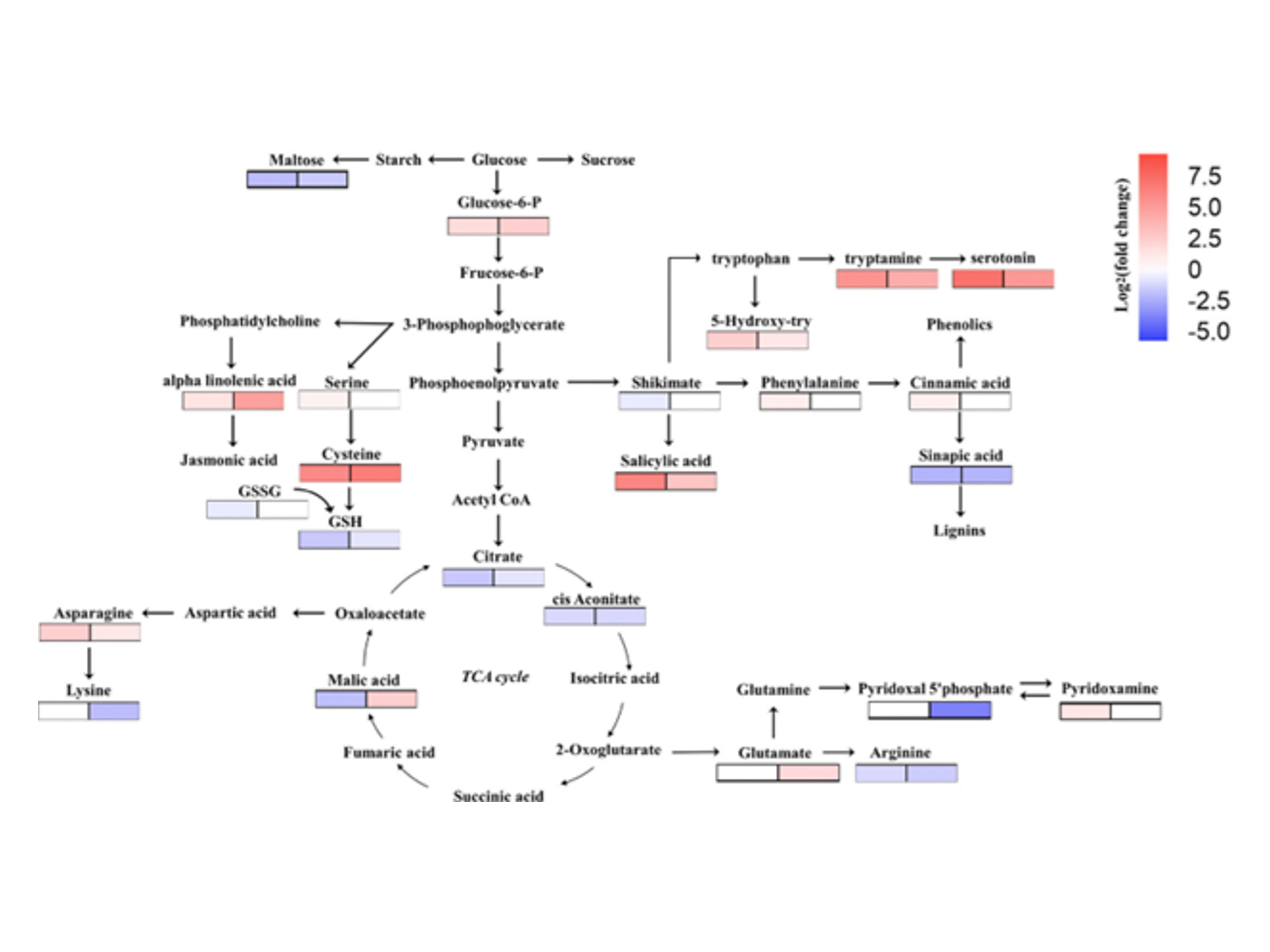

Divergent effectiveness of irrigation in enhancing food security in droughts under future climates with various emission scenarios
Department of Geography
Corresponding authors: YU Huiqian, LI Jianfeng
The SDGs of the United Nations (UN) put food security in high priority. Under climate change, knowing how severe weather affects food production is crucial. Moreover, we do not know how well irrigation works in different places. The study characterised droughts using the modified Palmer Drought Severity Index and looked into how droughts affect wheat yields in regions that water or do not water their crops. Multiple Linear Regression, Deep Learning, and the Erosion-Productivity Impact Calculator were used in this study. Future droughts are projected to get worse in different future scenarios. Under the high-emission future climate scenario RCP8.5, droughts may lead to a 32-49% drop in wheat yields, and the effectiveness of irrigation is minor. These results enable us to think more about how well irrigation works in a hot climate. The results also highlight the importance of climate change mitigation for food security.
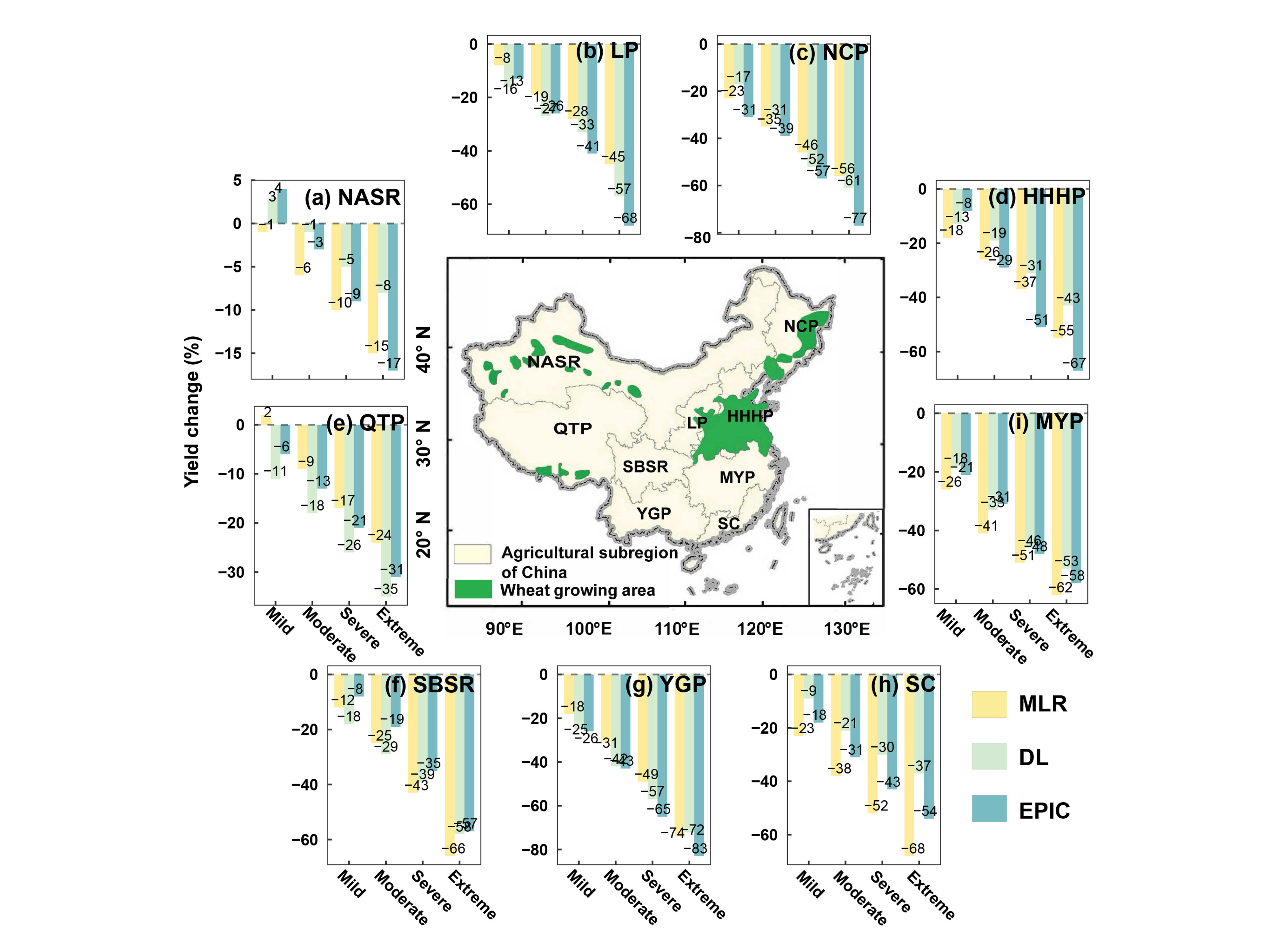

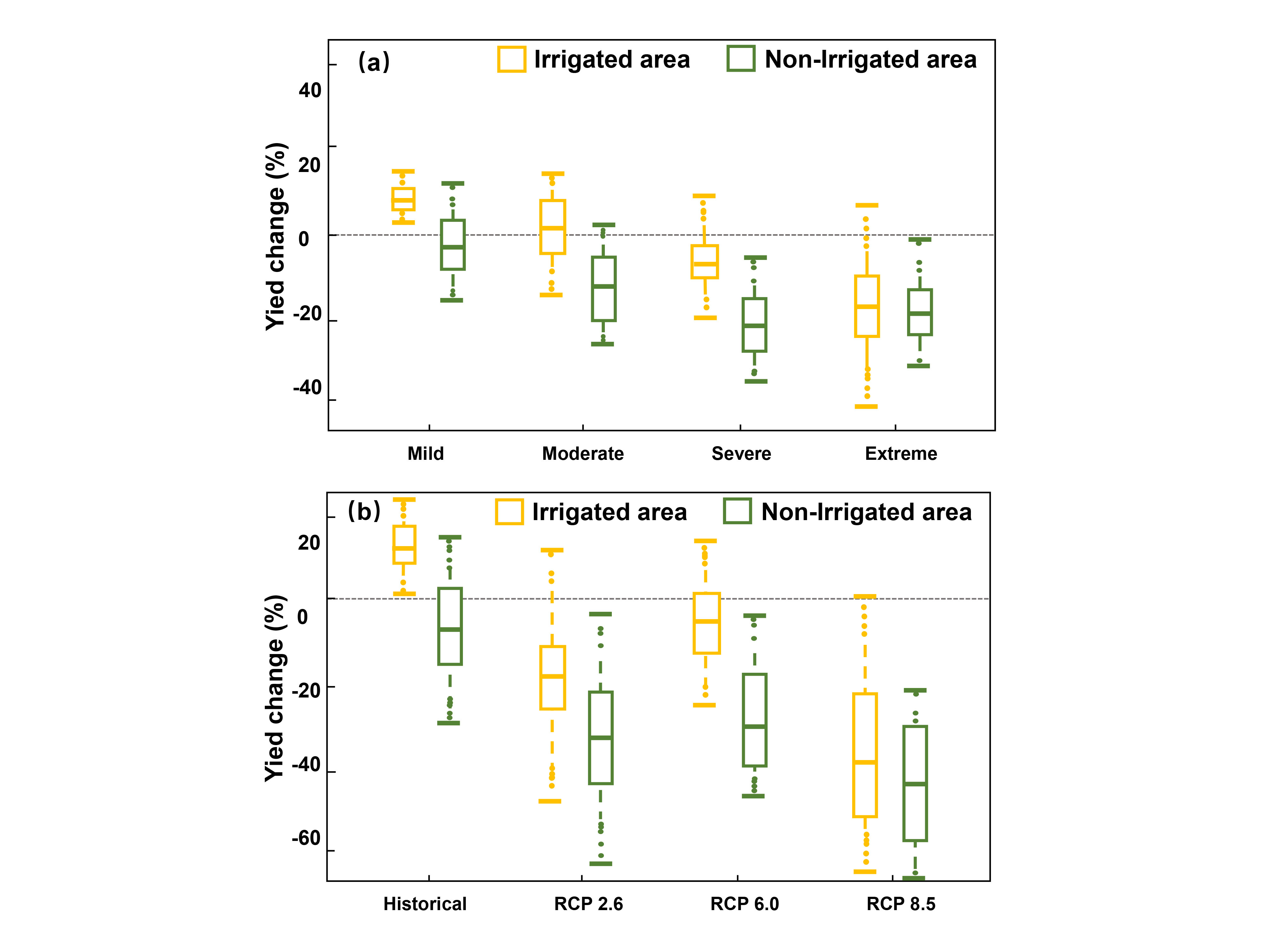

Sustainable Procurement Policy and Sustainable Food Policy
The University’s Sustainable Procurement Policy is dedicated to assessing the environmental impact of the procured products at every stage of their lifecycle, including the raw materials used, design, construction/manufacturing processes, operations and maintenance, environmental attributes, and supply chain management.
In line with this commitment, the Sustainable Food Policy aims to encourage responsible sourcing and consumption of sustainable food, with the goal of protecting ecosystems, preserving water resources, maintaining biodiversity, and mitigating the impacts on climate change. The University also ensures that unsustainable food is not purchased, sold, or consumed at its functions or catering outlets, which are operated or managed by the University. Moreover, the University offers a variety of sustainable food options to consumers.
Campus Food Waste Tracking
The University participated in the Pilot Scheme on Food Waste Collection Services organised by the Environmental Protection Department. The scheme primarily focuses on collecting food waste generated from on-campus catering service. The food waste is collected on a daily basis by the contractor appointed by the Environmental Protection Department. Under the Pilot Scheme, the collected food waste is sent to O · PARK1, the resources recovery centre in Hong Kong which adopts anaerobic digestion technology to covert food waste into biogas for electricity generation whilst the residues from the process can be produced as compost for landscaping and agriculture use. This initiative aims to promote recovery of food waste in the university community.
Office Pantries for Staff
Office pantries are set up to provide staff members with a space to find comfort, recharge, and enjoy refreshments. In addition to offering a diverse selection of snacks and beverages, they create opportunities for staff to interact, fostering collaboration and cultivating a friendly working environment.

